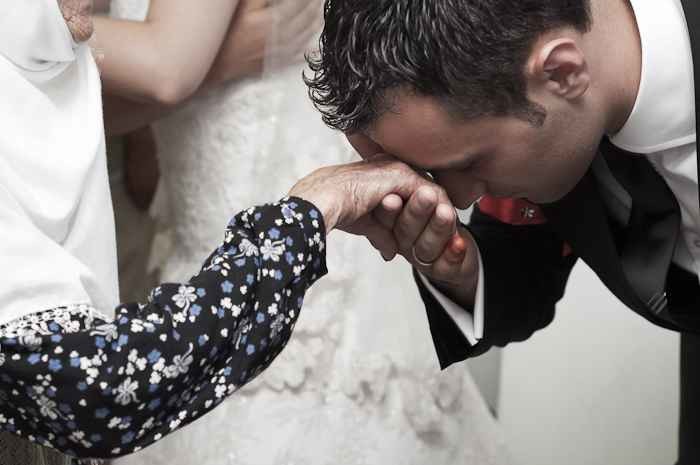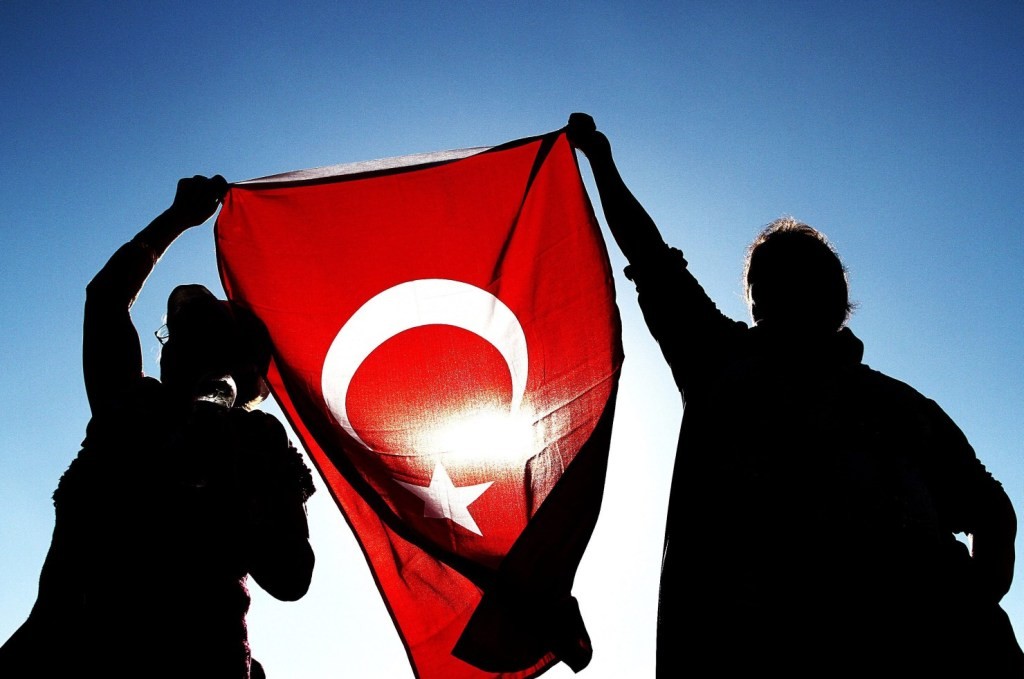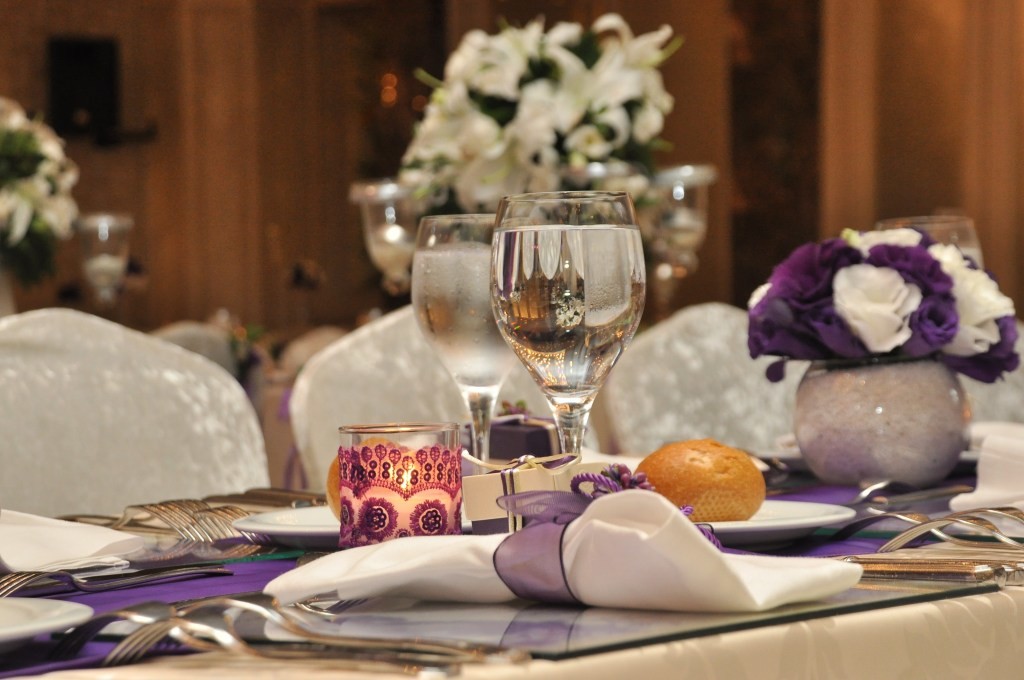Customs and Traditions in Turkey: Part Two
Turkey is known as a distinct historical country, but you do not know it well if you do not recognize the customs and traditions of the Turkish people and how people live there and how to deal with each other, and what are the most important principles and rules.
To know a country well, you have to understand its people and understand how to live even if you don't understand their language. Here are the most important habits followed by Turks in their lifestyle.
1- Greeting Others

When two men meet for the first time, they shake hands while maintaining direct eye contact, a common greeting with co-workers as well. The closest friends and family, the way of peace between them is always a gentle pat on the back or a hug.
There are men who accept each other on both cheeks. You might see another way that men greet each other by making their temples touch, a common greeting among members of political parties.
The greeting among women is a light handshake if the meetings are preliminary and if they know each other well, each one kisses the cheek of the other with a slight hug.
With regard to the peace of men, the man waits if the woman extends her hand to shake her hand, and she also extends it;
But if you do not extend it is also committed to it and can accept each other on the cheek; and there are only to say hi because their religion prevents them from touching the opposite sex.
If the woman is a big woman, the man touches her hand with his head as a sign of respect.
2- Less Personal Space
When Turks talk to each other, they tend to make their personal space very small and this can be very annoying to foreigners, who leave enough distance and acceptable when talking to someone else.
But the Turks like to make those distances very small and have a lot of patting and touching because this, they believe, makes the conversation more friendly.
The closer the person they are talking to in terms of kinship or friendship, the less personal space becomes.
If you step back while talking to someone, the relationship is in imminent danger because this will be interpreted as unfriendly and rude.
3- No one rejects hospitality in Turkey
Hospitality in Turkey is a pillar of Turkish culture and is one of the most important customs and traditions of the Turkish people. People there are very friendly and may be considered by some foreigners as exaggerated;
What you should know is that these invitations are not rejected in Turkey. They accept each other's calls generously. Someone may invite you to their home after half an hour of getting to know you.
If someone rejects their invitation, they consider it absolute bluntness.
4- Pride in the homeland

The Turkish people know that they are one of the most proud of their country and love them, and any abuse or criticism to the Turkish flag, or to the Turkish history, is a great insult, and the Turkish people follow the policy with great love, so if you do not prefer heated discussions, stay away from politics.
5- Hospitality habits and home entry
In Turkey you have to be careful not to go to the guest house with your hand empty, but you have to take anything as a gift even if this thing is a beautiful vase "Watch and you choose flowers so as not to be flowers of consolation", as well as customs to bring the gift of things manufactured in Your town is like pastries, or home-made desserts.
There are nice habits to enter the house, such as taking off the shoes before entering, and even if the owner asked you not to take it off, this is usually not appropriate for the Turks, and there is usually when the hosts to give you a "slipper" home to wear instead of your shoes.
Of course, if the invitation is in a restaurant, the invoice is paid by the host and can not be shared invoice, this is a principle is unlikely in Turkey, and if you want to respond beautiful, you have to give him an invitation to return it.
6- Marriage habits

The Turkish people are characterized by a set of habits in marriage for the second peoples, and the process of association between the young man and the girl after the initial approval where the young man goes with his family to the girl's family home, the senior family by the young man requests the girl's hand, and is accepted immediately if there are no barriers In front of the parties.
If there is no prior knowledge between the parties, the bride's party is seeking a time limit to consider and consider the marriage application.
The second step is the khutba, where the people of the groom visit the bride's house with gifts such as roses and chocolate, and talk about the details for the next stage, and the bride offers coffee to guests and all coffee cups are normal, except coffee groom to which salt is added and the groom should drink it without being disturbed or even No affected.
The Fatiha is then read, and the details of the engagement ceremony and the venue are agreed upon. At the ceremony, one of the groom's relatives comes and gives a small speech. The engagement rings are placed in a small ornate tray and the two rings are connected to each other with a red ribbon. The speaker cuts the ribbon and wears the rings to the grooms. Dress Up The Bride Network.
The next step is the night of henna, which is just before the night of the wedding, and only women participate, and the bride wears the costume dedicated to henna and sits on the chair and her head is covered with a red cover decorated and decorated, and women meet around in the form of a circle, and sing the song for henna, usually Symbolic ceremonies where the bride refrains from opening her hand until the mother of the groom puts a golden piece in it, and the henna of the bride is placed in a circle in the palm of the hand, and on the last knot of each finger.
The last step is the wedding ceremony, where the bride and groom go in the morning with their mothers to buy the wedding supplies for both of them, where the costs are shared, the groom buys all the supplies of the bride while she buys all the requirements of the groom.The brides may have shared the costs of the house and equip it equally.
The wedding, which is held with lunch or dinner in the cities in the wedding halls, while in the villages in additives or homes, the bride's parents carry a mirror for the bride as she leaves the house in a symbolic signal to enlighten her way, while the people of the groom wipe the ceiling of the door with oil or honey in a symbolic signal to facilitate the bride to deal with the people of the house.
There are many beautiful traditions that take place in the wedding, such as the procession of the wedding throwing sweets on children in the streets, and it is customary to write the names of her bride under her shoes and girlfriend whose name is erased first will be the first to marry.
Rejected acts in Turkey
This is a collection of things that no one is doing in Turkey and if someone does it, they are considered rude and rude.
- For example, do not refer to someone in your hand because these are the highest signs of impudence they have.

- When you visit the house of someone in Turkey should take off your shoes, and when sitting if you point your leg on the other leg make sure that the bottom of your foot does not point towards someone else; It is better not to put a leg on the other from the ground!
- Whisper in someone's ear while in a council with a large number of people is rude, rude and unacceptable.
- Avoid not looking into the eye of the person you are talking to because the Turks consider visual communication through talking a sign of sincerity and respect.
Photo gallery
Share your Erasmus Experience in Ankara!
If you know Ankara as native, traveler or as exchange student... share your opinion on Ankara! Rate different characteristics and share your experience.
Add experience →





















Comments (0 comments)